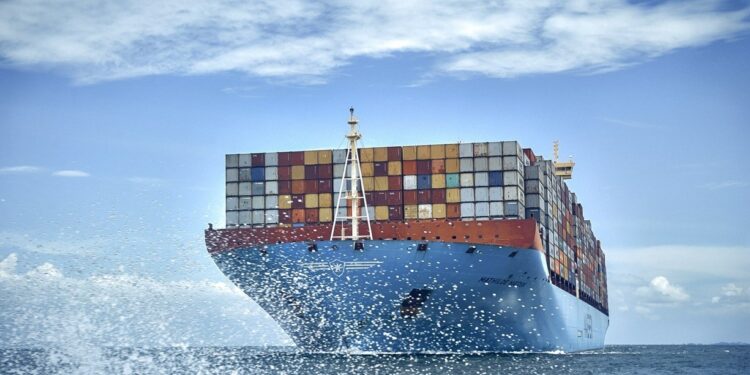Each year, container ships transport tens of thousands of production material containers to Volvo Cars factories across the world’s oceans. They announced that from now the majority of seafaring expeditions will be powered by renewable energy sources as opposed to conventional fossil fuels.
Volvo will be the first worldwide car manufacturer to make this transition, which will result in an immediate reduction of 55,000 tonnes of fossil CO2 emissions from intercontinental ocean freight per year. Renewable fuel is highly beneficial in reducing CO2 emissions by a minimum of 84%. This reduction is equivalent to the CO2 emissions produced by a truck driving around the equator approximately 1,200 times.
Fatty Acid Methyl Esters (FAME) is to be used as the fuel source, which comes from renewable and sustainable sources such as waste cooking oil. No feedstock related to palm oil or palm oil production is used.
The transportation of production materials for European and American manufacturing plants via inbound ocean containers will now utilize renewable fuel. All the spare parts distribution made globally by ocean container transports will also be powered by renewable fuel.
“Renewable fuel is not the end game for removing CO2 from the world’s ocean freight needs, Yet this initiative shows that we can act now and implement solutions that achieve significant results during the wait for long-term technological alternatives. We don’t view this initiative as a competitive advantage, on the contrary, we want to spark other car makers into action as well, to increase demand for carbon-efficient ocean transports and to establish renewable fuels as a mid-term solution that works. We all have a responsibility to act.”
Javier Varela, our Chief Operating Officer and Deputy CEO.
Volvo have been working on this initiative with their logistics partners, Maersk, Kuehne+Nagel and DB Schenker. Starting June 1, 2023, the logistics service providers responsible for container transports for Volvo Cars will exclusively use renewable fuel to meet their energy needs.
If renewable fuel is unavailable for a shipment, it will be allocated to another customer’s route to maintain consistent reduction of fossil fuel use in container vessels. The goal is to minimize fossil fuel usage overall. The process, known as mass-balancing, undergoes regular third-party audits for quality assurance. The fuel derived from renewable sources is certified and does not compete with food crops. This makes it sustainable in line with the guidelines set by the EU Renewable Energy Directive.
“We’re continually exploring sustainability opportunities across all aspects of our supply chain, and across our overall business, Our list of initiatives keeps growing as we work towards our ambition of becoming a climate-neutral company by 2040.”
Javier Varela, our Chief Operating Officer and Deputy CEO.
Volvo is striving to decrease the carbon footprint of each of their cars by 40% from 2018 to 2025. This goal necessitates a 25% decrease in operational emissions, which includes logistics. They’re also aiming for climate-neutral manufacturing by 2025. Both of these milestones are crucial in achieving their goal of becoming climate-neutral.
News sourced from Volvo.

































